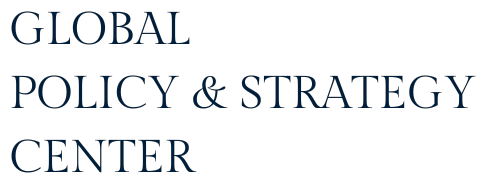Today’s highly interconnected world bears witness to economic inequalities emerging as a critical global concern. These disparities transcend national borders, exerting a significant impact on the stability of our closely intertwined global community. This article provides an in-depth analysis of economic inequalities from a policy perspective, delving into their far-reaching effects on global stability and outlining strategies to address this pressing issue.
Understanding Economic Inequalities
Economic inequalities refer to the unequal distribution of wealth, income, and resources within and among nations. It is a complex issue influenced by a myriad of factors, including disparities in education, employment opportunities, access to healthcare, and more. These inequalities are not only a matter of social justice but also a determinant of global stability.
The Impacts of Economic Inequalities
- Social Unrest and Conflict: High levels of economic inequality often lead to social unrest and can contribute to conflicts, both within and between nations. In extreme cases, these tensions can escalate into violence and have profound consequences for global peace and security.
- Political Instability: Economic inequalities can result in political instability, with marginalized populations feeling alienated from the political process. This instability can disrupt governance and hinder effective policy implementation.
- Economic Consequences: Inequality can hinder economic growth and stability, as large income gaps can lead to reduced consumer demand and overall economic inefficiency. Additionally, inequality can undermine the social contract between governments and citizens, impacting tax revenues and public expenditures.
- Health Disparities: Economic inequalities are closely linked to disparities in access to healthcare and overall health outcomes. This can contribute to the global burden of disease and exacerbate health crises.
- Migration: Economic inequalities often drive international migration, as individuals and families seek better opportunities and living conditions in more prosperous regions. This can have far-reaching consequences for both the sending and receiving nations.
Policy Approaches to Address Economic Inequalities
- Progressive Taxation: Implementing progressive tax systems can help redistribute wealth and reduce income inequalities. This involves higher tax rates on individuals with higher incomes.
- Access to Education and Healthcare: Ensuring equal access to quality education and healthcare can help reduce disparities in human capital and overall well-being.
- Social Safety Nets: Establishing robust social safety nets, including unemployment benefits, disability support, and affordable housing, can help alleviate the impact of economic inequalities on vulnerable populations.
- Labor Rights and Minimum Wage: Protecting labor rights and implementing fair minimum wage policies can uplift low-income workers and promote economic equality.
- International Cooperation: Economic inequalities are not isolated to individual nations. Global cooperation on taxation, trade, and development assistance is crucial to address these disparities effectively.
Economic inequalities have far-reaching consequences on global stability, from social unrest to economic inefficiency and political instability. Addressing this issue is not only a matter of social justice but also essential for fostering a stable and prosperous world. By implementing a range of policy measures, nations and international organizations can collectively work towards reducing economic inequalities and ensuring a more equitable and secure global future.
